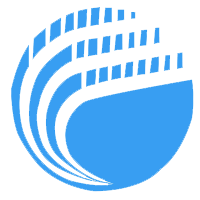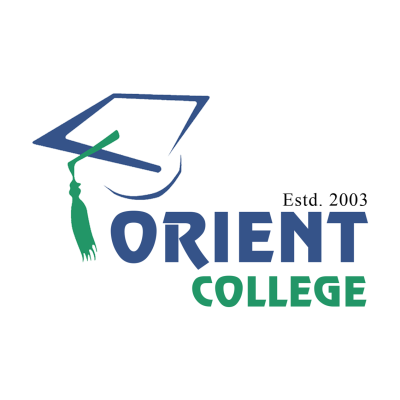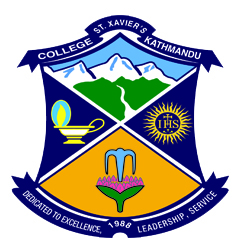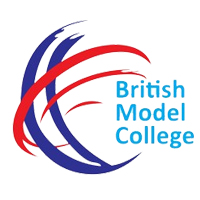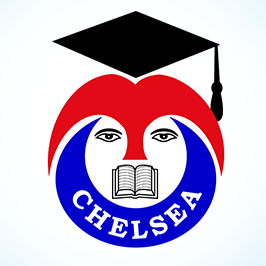Overview
GCE A Level (Science) at Trinity International College, Dillibazar
GCE A Level (Science) at Trinity International College, Dillibazar, Kathmandu, follows the Cambridge International framework across two academic years as AS and A2.
Students study science subjects with practical components and sit external examinations conducted by Cambridge. Trinity provides laboratory access, supervised practical sessions, and past-paper practice aligned with the official syllabus.
The route serves learners planning medicine, engineering, information technology, biosciences, environmental science, data science, and related fields.
Subject combinations are planned to keep mathematics and at least two sciences for competitive pathways. Weekly schedules include theory, practicals, tutorials, and review tests.
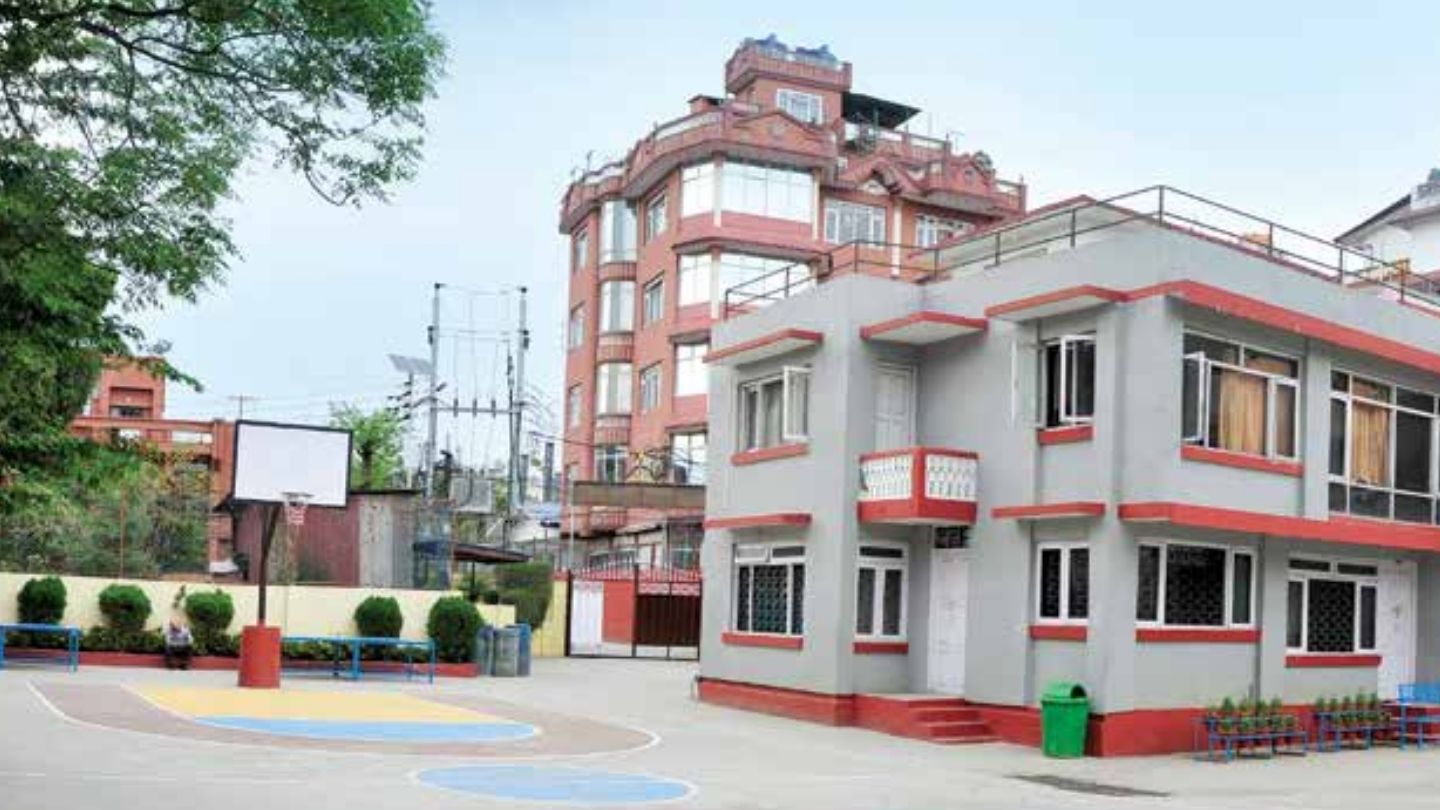
Highlights
-
Affiliation: Cambridge International A Levels
-
Location: Dillibazar Height, Kathmandu
-
Duration: 2 academic years (AS and A2)
-
Assessment: External exams by Cambridge; internal tests, practical reviews, and mocks at college
-
Laboratories: Physics, Chemistry, Biology, and a mathematics/ICT support environment
-
College Context: Lab timetables, safety briefings, experiment logs, library/IT access, counseling, and academic calendar
Curriculum Details
Structure and Study Pattern
AS is usually taken in the first year and A2 in the second. Science candidates typically choose three or four subjects such as Physics, Chemistry, Biology, and Mathematics. Some students select Computer Science along with Mathematics and one or two sciences based on university plans.
Syllabuses define learning objectives, practical skills targets, and paper structures. Teachers cover theory in short segments, then connect concepts to experiments and data analysis. Practical sessions run with clear checklists, risk controls, and observation sheets.
Typical Subject Combinations
-
Pre-Medical: Biology, Chemistry, Mathematics or Physics
-
Pre-Engineering: Mathematics, Physics, Chemistry
-
Computing-Focused: Mathematics, Physics, Computer Science
-
Life Sciences: Biology, Chemistry, Mathematics/Environmental Science
Choice depends on aptitude and destination requirements. Advising sessions help align subjects with entrance tests and bachelor prerequisites.
Assessment Rhythm
-
Internal: Chapter tests, practical skill checks, lab notebooks, and mock exams
-
External: Cambridge exam series as scheduled; practical papers or alternative-to-practical as per subject
-
Feedback: Script reviews, examiner-style commentary, and personal target sheets
Objectives
-
Build conceptual command in core sciences and mathematics with accurate scientific vocabulary.
-
Develop laboratory habits: observation, measurement, error handling, and data presentation.
-
Prepare students for bachelor programs that require strong foundations in scientific method and quantitative reasoning.
Scope
A Level (Science) results feed into medicine, engineering, computing, biosciences, pharmacy, environmental science, agriculture, and data-centric disciplines.
- Combined outcomes—grades, lab records, and references—support applications in Nepal and abroad.
- Equivalence and eligibility for local programs follow current procedures of the relevant authorities.
Learning Outcomes
-
Explain theories, laws, and models across physics, chemistry, biology, and mathematics.
-
Plan and carry out experiments with attention to variables, accuracy, and safety.
-
Analyze data using appropriate units, significant figures, graphs, and statistical reasoning where required.
-
Write clear solutions for structured and extended questions under time constraints.
-
Reflect on errors and limitations to improve future experimental work.
Skill Development Modules
-
Laboratory Skills: Apparatus setup, calibration, observation notes, and risk control
-
Quantitative Reasoning: Algebra, calculus (where applicable), vectors, probability, and statistics
-
Scientific Communication: Diagrams, equations, chemical notation, biological sketches, and concise explanations
-
Problem-Solving: Multistep physics/chemistry calculations and biology data analysis
-
Exam Technique: Time budgeting, command terms, and mark-scheme alignment
Teaching Methodology
- Classes run with theory blocks, problem classes, and practical sessions.
- Demonstrations introduce techniques before students conduct experiments in small groups.
- Teachers use past-paper clinics to model complete solutions and marking logic.
- Regular progress reviews, counseling, and parent meetings keep preparation on schedule.
Admission Requirements
-
Academic Background: SEE or equivalent secondary qualification; mathematics and science strengths recommended for target combinations
-
Application Steps: College form submission, document verification, placement assessment or interview as announced, offer letter, and enrollment within deadlines
-
Subject Selection: Counseling to match choices with medical, engineering, or computing prerequisites
Carry transcripts, character and migration certificates (if applicable), passport-size photographs, and identification for verification.
Scholarship seekers should attach required documents before the deadline.
Career Opportunities
A Level (Science) supports entry to bachelor programs in medicine, engineering, computing, biosciences, pharmacy, agriculture, and environmental studies. Graduates later work across hospitals, labs, manufacturing, energy, telecom, software, research units, and public services after degree completion and relevant licensing or eligibility steps. Strong records in mathematics and practicals assist with competitive exams and early internships.
Scholarships and Financial Aid
-
Entry-Based: GPA/grade-based awards at admission where published for the session
-
Progress-Based: Provisions tied to internal results, lab conduct, and attendance within current rules
-
Documentation: Scholarship forms with supporting evidence submitted within the stated window
Exact categories, thresholds, and seat limits are announced for each intake.
Why Choose This Course?
The A Level (Science) route builds a disciplined study routine that blends theory, problem-solving, and supervised practicals.
Past-paper exposure and lab training support readiness for exam rooms and university labs.
College processes—scheduling, lab safety, and feedback systems—help you stay focused during the two-year cycle.
Conclusion
GCE A Level (Science) at Trinity International College offers a clear structure for students targeting medicine, engineering, computing, and life sciences.
The program balances classroom learning and laboratory practice while preparing you for external examinations.
Planning, consistent practice, and measured feedback allow steady progress toward university entrance targets.
FAQ
How many subjects are recommended for A Level (Science)?
Three or four subjects are common, with mathematics plus two sciences for selective pathways.
Do I need laboratory sessions for all sciences?
Subjects with practical components require supervised lab work or an approved alternative as per the syllabus.
Can I combine Computer Science with Biology?
Yes, if timetables allow. Students should check university prerequisites for their target programs.
How are mock exams used?
Mocks simulate external conditions. Scripts are reviewed against mark schemes to set personal targets.
What if I aim for medicine in Nepal?
Select Biology and Chemistry with Mathematics or Physics, then review current eligibility rules and entrance formats for medical programs.
Contact Trinity International College's administrative office for detailed information on the GCE A-Level Science program course, including fees, scholarships, facilities, counseling, eligibility criteria, etc.


